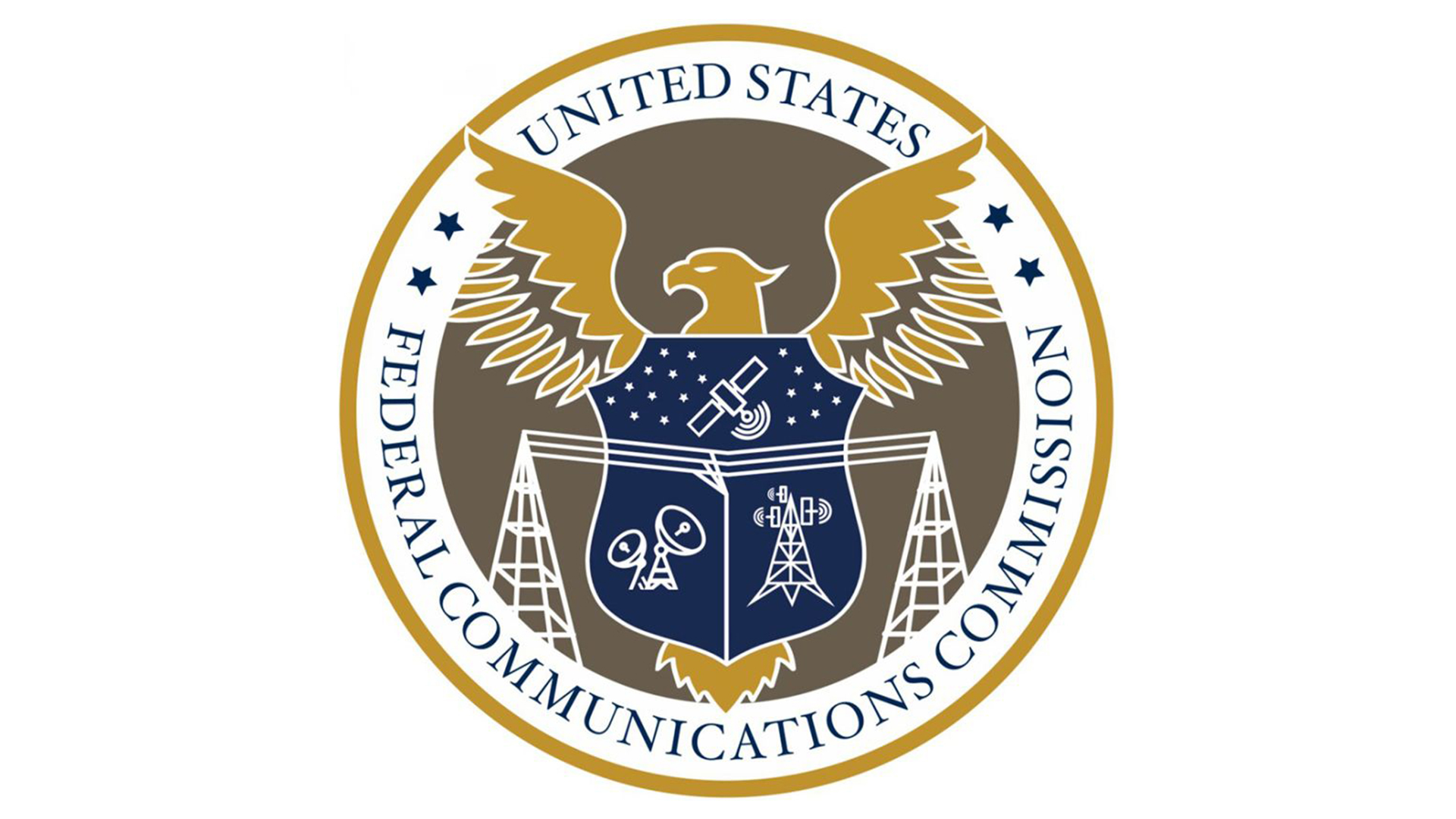FCC Seeks Help Handing Out Billions in COVID-19 Broadband Aid
Wants input on how to structure program

The smarter way to stay on top of the multichannel video marketplace. Sign up below.
You are now subscribed
Your newsletter sign-up was successful
The FCC's Wireline Competition Bureau is seeking input on how to hand out over $3 billion in new broadband benefits created by Congress in the recently passed package of appropriations and COVID-19 aid funds.
Also Read: Trump signs COVID-19 Bill
The $3.2 billion Emergency Broadband Benefit Program was created to help low-income households access the internet, and fund equipment and service for students forced to study from home during the pandemic. The latter was impart because the FCC under chairman Ajit Pai interpreted the E-rate subsidy statute language as excluding home service and equipment because the statute directed the subsidy to be used for classrooms not homes. Democrats argued that was too narrow a reading.
Companies participating in the new program will be reimbursed for providing discounted service and equipment (up to $50 per month and up to $75 on tribal lands) during the pandemic.
Companies providing tablets, desktops or laptops fur use during the pandemic can get up to $100 per connected device (only one device per household).
“We’re excited to get to work on this new program, which responds to my call last June for Congress to fund a program to advance the Keep Americans Connected initiative that we launched when the pandemic started,” said Pai. “The Emergency Broadband Benefit Program will go a long way to ensuring that low-income American families and veterans are connected during the pandemic, and that students can engage in remote learning with support from the program’s funding for connected devices."
Also Read: NCTA Praises Broadband Funding in COVID-19 Bill
The smarter way to stay on top of the multichannel video marketplace. Sign up below.
Pai said the staff is working quickly to stand up the program and get the money to needy consumers, while at the same time "guarding against waste, fraud, and abuse," which will include a congressionally required audit of the program.
The stand-up will have to be quick for Pai to be around for any of it since he will be exiting in two weeks.
Among the questions the FCC would like answers on as it figures out how to structure the program:
1. "Which providers can participate in the program and what do such providers need to do to elect to participate?
2. "How should the Commission set up an expedited process for approving broadband providers for areas where they are not eligible telecommunications carriers?
3. "How should the Commission and providers track participating households and verify that they are eligible?
4. "What services and connected devices are eligible for reimbursement from the program?
5. "How should the Commission structure the reimbursement process?
6. "What rules are needed to ensure appropriate service on Tribal lands?
7. "How should the Commission and participating providers promote awareness of the program?
8. "What reporting requirements are needed both during the program and at its conclusion?"
In addition to the $3.2 billion for the Emergency Broadband Connectivity Fund, the appropriations/aid bills include $98 million to implement the Broadband Deployment Accuracy and Technological Availability (DATA) Act, bipartisan legislation enacted in 2020 to create a comprehensive national broadband map, $300 million for broadband infrastructure in rural America, and $250 million for the FCC’s COVID-19 Telehealth Program.
“Tens of millions of Americans do not have broadband simply because they cannot afford it," said FCC commissioner Geoffrey Starks. "No family should have to decide between keeping the lights on or getting the household connected, especially during a public health crisis that has made being online more essential than ever. The Emergency Broadband Benefit is poised to connect tens of millions of Americans and to jumpstart a long-term focus on broadband affordability at the FCC. This is long overdue for struggling Americans, including those who are recently unemployed due to the pandemic... I look forward to engaging with a wide range of commenters as we develop this vital program over the next two months."
Contributing editor John Eggerton has been an editor and/or writer on media regulation, legislation and policy for over four decades, including covering the FCC, FTC, Congress, the major media trade associations, and the federal courts. In addition to Multichannel News and Broadcasting + Cable, his work has appeared in Radio World, TV Technology, TV Fax, This Week in Consumer Electronics, Variety and the Encyclopedia Britannica.

